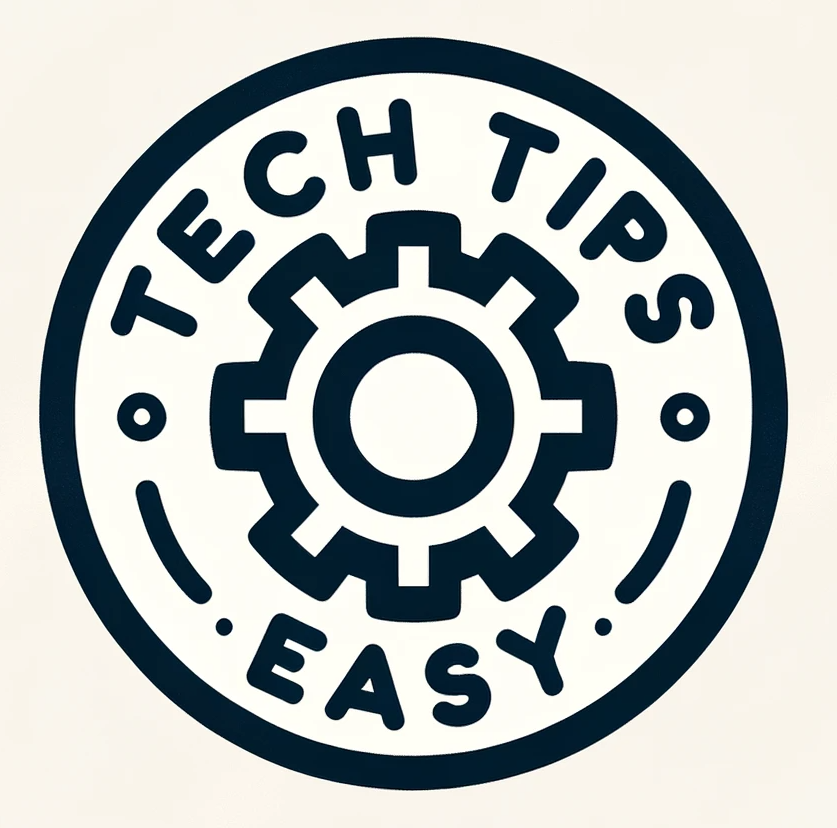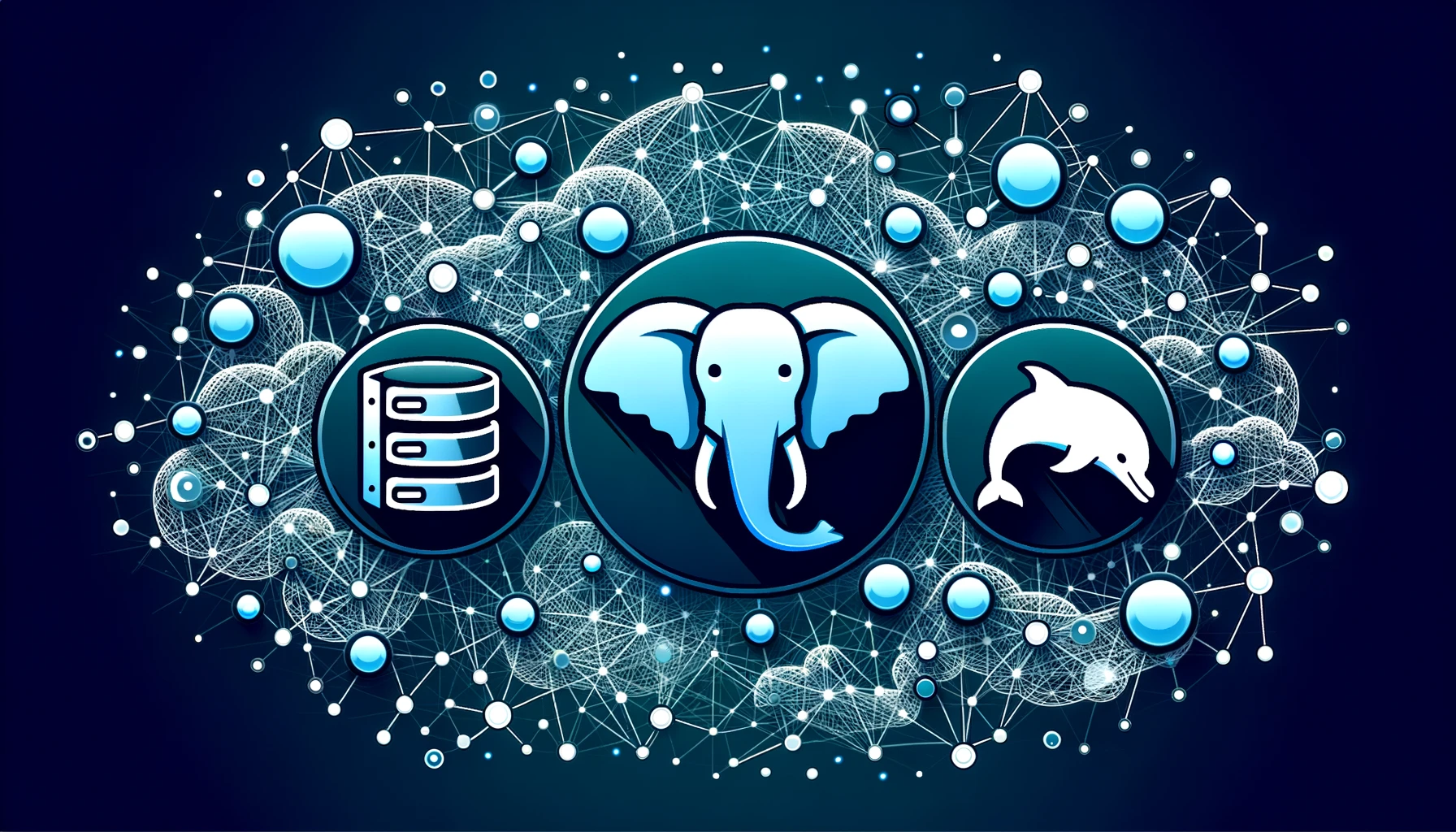Choosing the Right Database for Your SaaS is Key
Building a successful SaaS business requires having an infrastructure that can scale along with your growth. One of the most important pieces of that infrastructure is the database you use to store and manage your data. The wrong database choice can lead to slow performance, scaling challenges, and growing technical debt as your app and userbase expands. In this post, we’ll compare the five best database options for SaaS products – PostgreSQL, MySQL, Microsoft SQL Server, MongoDB, and Cassandra. Whether you’re building a simple CRUD app or a complex real-time service, one of these databases can provide the foundation you need. Choosing the right one depends on your specific use case and technical requirements around transactions, scalability, and ease of use.
PostgreSQL
PostgreSQL is a powerful open-source relational database that offers both the SQL functionality and scalability needed for most web-based SaaS applications. Its relational structure makes PostgreSQL a great choice if your app needs to run complex SQL queries and transactions across structured data. As an object-relational database, it also includes some features like table inheritance and function overloading that provide flexibility beyond a standard relational database. Key advantages of PostgreSQL for SaaS products include:
- Transaction support – PostgreSQL has robust ACID transaction compliance for use cases requiring atomicity, consistency, isolation, and durability.
- Scalability – PostgreSQL scales well horizontally using sharding techniques like Postgres-XL. This allows it to handle heavy read/write loads as your userbase grows.
- Extensibility – PostgreSQL offers great extensibility through indexes, data types, functions, operators, and aggregates. This helps you customize it to your app’s needs.
- Durability – PostgreSQL provides durable write-ahead logging for crash recovery and replication capabilities for high availability. This helps minimize downtime.
- Cost – As an open-source database, PostgreSQL helps reduce licensing costs associated with proprietary databases.
Overall, the balance of power and flexibility PostgreSQL offers makes it one of the top choices for many SaaS applications today, especially for traditional business and productivity tools.
MySQL
MySQL is another hugely popular open-source relational database option developed by Oracle. It powers many well-known web apps and SaaS products including Airbnb, Uber, and Netflix. Like PostgreSQL, MySQL is a great choice for applications that require transactional SQL queried across structured data. Some of MySQL’s advantages for SaaS apps include:
- Speed – MySQL is known for delivering high performance, especially for apps with simpler query needs. Benchmarks show it matching or exceeding PostgreSQL’s speed in many use cases.
- Scalability – MySQL offers strong horizontal scalability out of the box and add-ons like MySQL Cluster provide additional scale-out capabilities.
- Ubiquity – MySQL’s popularity makes it easy to find developers familiar with it and community support readily available.
- Cost – The open-source and free versions help minimize licensing and operational costs. Paid enterprise editions add advanced features.
- Cloud services – MySQL integrates well with major cloud providers like AWS, Google Cloud, and Azure that SaaS companies often use.
The combination of speed, scalability, and ubiquity make MySQL a top contender for any web-based SaaS application today. It offers reliable out-of-the-box performance that can readily scale.
Microsoft SQL
Server Microsoft SQL Server is a proprietary relational database that combines the power of SQL Server with a variety of enterprise-ready tools and features. Given Microsoft’s strong presence in business environments, SQL Server is a natural choice for SaaS products targeting business users. Key strengths of SQL Server for SaaS include:
- Business focus – SQL Server offers data warehousing, business intelligence, and analytics features tailored to business applications.
- Hybrid cloud options – SQL Server is available both on-premises and via cloud services like Microsoft Azure SQL Database. This provides flexibility.
- Enterprise security – SQL Server provides robust enterprise-grade security including encryption, role-based access, and compliance capabilities.
- High performance – SQL Server offers excellent performance including in-memory caching, columnstore indexing, and partitioning strategies.
- Microsoft ecosystem – Tight integration with Windows Server, .NET languages, Power BI, and other Microsoft technologies.
While licensing costs are higher than open-source options, for SaaS companies targeting enterprise accounts, the power, performance, and security of SQL Server is often worth the premium price.
MongoDB
MongoDB represents the popular document-based NoSQL databases built to provide more scale and flexibility for projects with large volumes of unstructured data. Rather than storing data in rigid SQL tables and rows, MongoDB stores JSON-style documents with dynamic schemas. This makes it a great choice for SaaS apps with more complex, unstructured data flows. Benefits of MongoDB for SaaS include:
- Flexible data – The document model allows storing data of any structure or type dynamically.
- Scalability – MongoDB scales horizontally without limits to handle massive workloads across distributed clusters.
- High performance – Speed advantages over traditional SQL especially for big data, real-time analytics, and IoT apps.
- Agile development – Dynamic schemas allow quick iteration without complex migrations.
- Cloud native – MongoDB Atlas provides a fully-managed MongoDB-as-a-service ideal for cloud-based SaaS.
For SaaS apps dealing with large volumes of activity data, device data, social data, or other unstructured data, MongoDB provides the perfect scalable document store.
Cassandra
Originally created at Facebook, Apache Cassandra is a powerful NoSQL database designed specifically for high volume transactional workloads at scale. It offers linear scalability across clusters and strong resilience capabilities. For SaaS apps that need to scale writes and transactions to massive levels, Cassandra’s strengths stand out:
- Write speed – Cassandra is optimized for fast writes across multiple nodes with minimal latency.
- Read speed at scale – Its distributed model also allows fast reads across large datasets.
- No single point of failure – The peer-to-peer model has no single point of failure for maximum uptime.
- Linear scalability – Cassandra makes scaling out clusters seamlessly as simple as adding new nodes.
- Durability – Cassandra is designed for durability with immediate writes to disk and replication across nodes.
For high-volume transactional systems like large IoT networks, social networks, or communications platforms, Cassandra offers the extreme scalability and resilience needed to support massive user bases.
Conclusion
Choosing the right database for your SaaS application is an important decision that impacts everything from development and maintenance to scalability and uptime. The top options like PostgreSQL, MySQL, SQL Server, MongoDB, and Cassandra each offer unique advantages depending on your specific use case and technical needs. For apps requiring complex SQL transactions across structured business data, PostgreSQL and MySQL both provide powerful open-source options. SQL Server brings enterprise-grade tools and performance for business-focused services. For massive scale and flexible schemas, NoSQL document stores like MongoDB and Cassandra allow easy horizontal scaling. Considering your own technical stack, target audience, and growth plans will help determine which of these battle-tested databases represents the best foundation for your new SaaS application.

